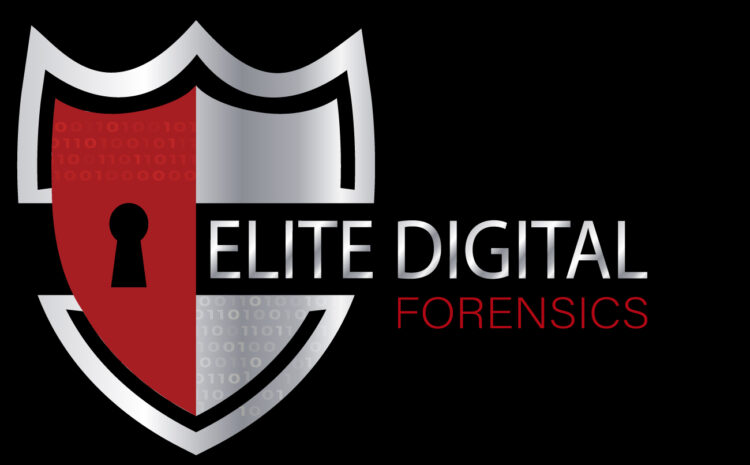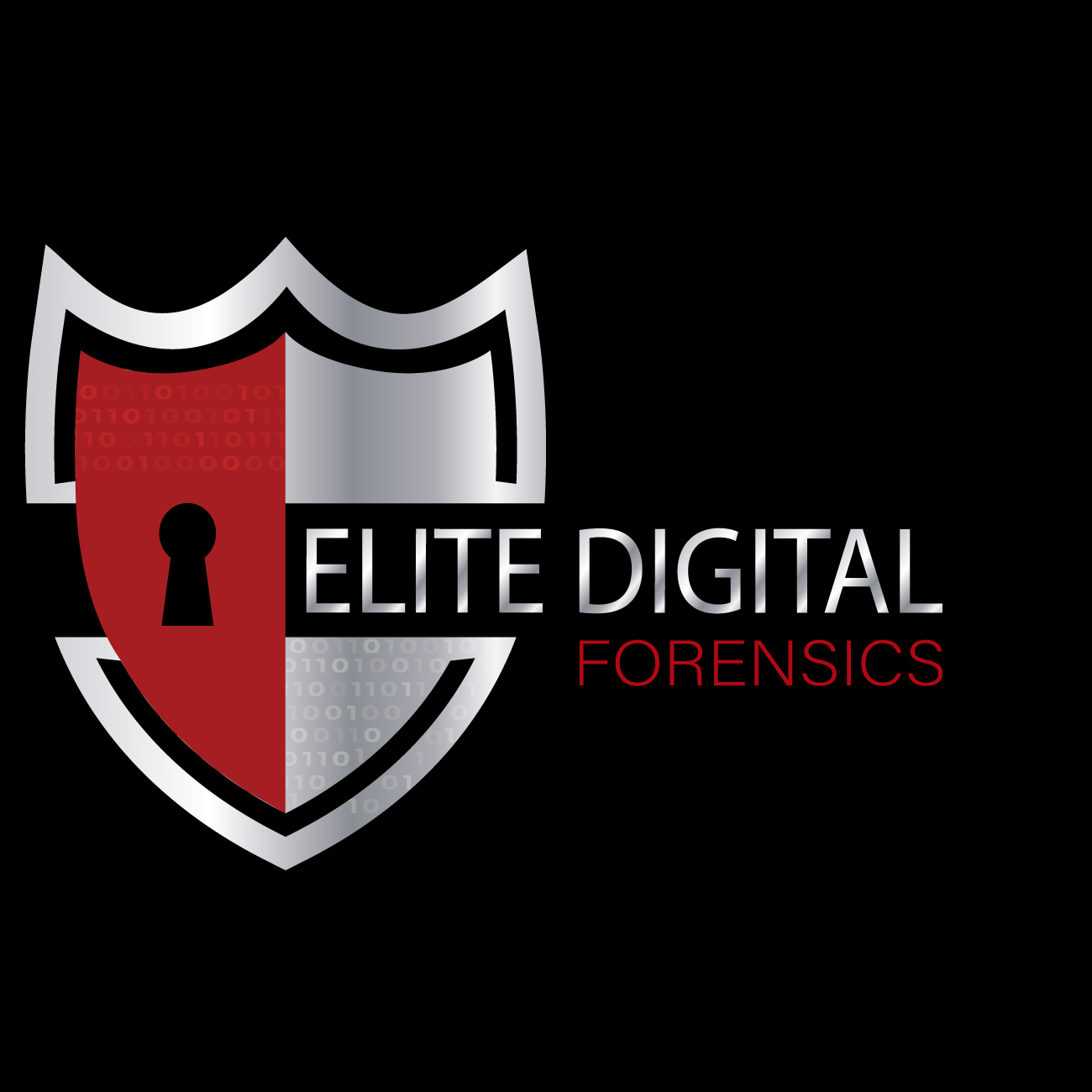- Home
- About
- Services
- IT Support Services
- Cyber Security Services
- Cyber Forensic Services
- Digital Forensics
- Cell Phone Forensics
- Computer Forensics
- Cyber Investigations
- Criminal Defense Forensics
- CDR Analysis & Cell Tower Mapping
- Hacking Investigations
- Cyber Breach Investigations
- Social Media Forensics
- Network Forensics
- Malware Forensics
- Insurance Forensic Investigations
- Corporate Forensic Investigations
- Contact
- News

Digital forensics plays a crucial role in criminal defense cases, as it can provide evidence that can help to support or refute the prosecution’s case. This evidence can come in the form of data recovered from digital devices such as computers, smartphones, and other electronic devices. With the increasing use of technology in criminal activities, digital forensics has become an essential tool in the defense attorney’s arsenal.
One of the primary ways in which digital forensics can help in a criminal defense case is by providing evidence that can refute the prosecution’s case. For example, if the prosecution’s case relies on a digital device, such as a computer or smartphone, that contains evidence that is central to the case, a digital forensics expert can examine the device to determine if the evidence is authentic or has been tampered with. If the evidence is found to be tampered with, this can cast doubt on the prosecution’s case and potentially lead to an acquittal.
Digital forensics can also help to support the defense’s case by providing evidence that can be used to establish an alibi. For example, if a defendant claims to have been somewhere else at the time of the crime, a digital forensics expert can examine their digital devices to determine their location at the time of the crime. This can be done by analyzing GPS data, cell tower data, and other location-based data that is stored on the device. If the data supports the defendant’s alibi, this can be used to help establish their innocence.
Another way in which digital forensics can help in a criminal defense case is by providing evidence that can be used to establish a motive. For example, if the prosecution’s case relies on a motive, such as financial gain, a digital forensics expert can examine the defendant’s digital devices to determine if there is any evidence that supports this motive. This can be done by analyzing financial records, emails, and other digital communications that are stored on the device. If the data supports the prosecution’s motive, this can be used to help establish the defendant’s guilt.
Digital forensics can also be used to provide evidence that can be used to establish the identity of the perpetrator. For example, if the prosecution’s case relies on eyewitness testimony, a digital forensics expert can examine the defendant’s digital devices to determine if they have any connections to the crime. This can be done by analyzing social media data, emails, and other digital communications that are stored on the device. If the data supports the prosecution’s case, this can be used to help establish the defendant’s guilt.
In conclusion, digital forensics plays a crucial role in criminal defense cases, as it can provide evidence that can help to support or refute the prosecution’s case. This evidence can come in the form of data recovered from digital devices such as computers, smartphones, and other electronic devices. With the increasing use of technology in criminal activities, digital forensics has become an essential tool in the defense attorney’s arsenal. It can help to establish alibis, motives, and identities, and can be used to refute the prosecution’s case by uncovering tampered or fabricated evidence. As technology continues to evolve, the importance of digital forensics in criminal defense cases will only continue to grow.
Elite Digital Forensics is a professional digital forensic agency that specialize on defense forensics. If you have a criminal case involving digital evidence we can help. Get a free consultation today.
